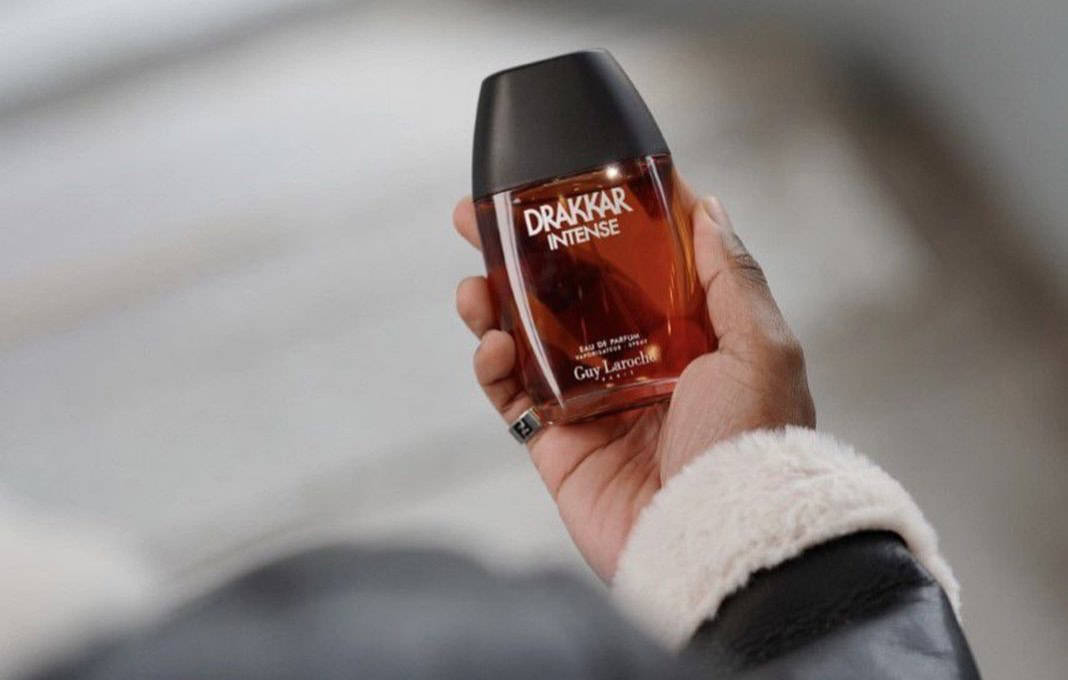South Africa’s apartheid government died in an election 30 years ago tomorrow. For the first time, Black South Africans were among those casting ballots. In the regime’s place, voters inaugurated a democracy led by people who look like the country’s majority. Hopes ran high: Nelson Mandela became president and vowed to help Black communities prosper by giving them access to the wealth, land and mines — South Africa is rich in gold and diamonds — colonizers had taken.
Toppling the racist regime, it turns out, was just the beginning.
Three decades later, Mandela’s vision is far from realized. Most Black South Africans don’t earn enough to meet their basic needs, and many lack reliable services like electricity and water. Racial disparities in employment, education and income are still massive. Communities where people live in tin shacks and use latrines sit alongside suburbs with swimming pools and electrified walls.
With a major national election next month, my colleague Lynsey Chutel and I have been reporting to understand how South Africa got here. We’ve sifted through data, interviewed experts and chatted with dozens of residents from every walk of life. (Read our story here.) Today’s newsletter will explain what happened.
For all its problems, South Africa has still achieved something remarkable. After apartheid, its democratic government, led by the liberation movement, the African National Congress, drafted a constitution that enshrines equal rights for everyone. Since 1994, the country has held six peaceful and credible democratic elections. Even though the A.N.C. has had a grip on power, the political arena is fierce and combative. This year, a record 52 parties will be on the national ballot.
In many places, you see an inclusive joy these days that would not have been possible under apartheid. On any given night, you’ll find Black partygoers in swanky nightclubs or high-end restaurants, sucking on hookah pipes or posing for Instagram snapshots. Some townships, which the apartheid government had designed to keep the Black population ostracized, have vibrant arts and culture scenes. Festivals are frequently held in all parts of the country and draw multiracial crowds. Many thump with amapiano, a South African brand of house music, and revelers doing smooth robotic jiggles.
The economic situation is not uniformly bleak. The upscale shopping malls and modern office towers are no longer the preserve of white South Africans. In 2022, there were 16 times more Black South Africans living in households among the top 15 percent of earners than there were in 1995.
Even when it comes to venting frustrations with the government, there is a lively protest culture, with people of all shades and socioeconomic backgrounds taking to the streets. Civil society thrives: Many human rights organizations advocate for the most vulnerable. A robust and independent press calls out government wrongdoing.
A stubborn legacy
Mandela’s government raced to provide homes, electricity and water to the millions of Black South Africans deprived of those basics under apartheid. Over time, though, progress slowed.
Some advocates argued that the government should quickly seize banks, mines and land. But policymakers worried about scaring international investors and institutions. So they often took a gentler approach. Instead of nationalizing corporations, the government mandated greater Black representation among business owners in order for companies to get contracts from the state. Instead of taking land from white owners, the government simply urged them to sell some of it. Some did, and a few Black buyers — mostly with government support — had the means to purchase land, but not nearly enough to transform the economy.
Today, white people, who are 7 percent of the population, still own most land and big business. Black South Africans have made some inroads. But the benefits have mostly gone to a small number of politically connected Black people at the top of the economic ladder.
This elite enrichment is tied to the country’s persistent corruption, which began even as the new country took shape. The A.N.C. back then was filled with revolutionaries who had been tortured, imprisoned or exiled by the white-led regime. Suddenly, many of those same liberation fighters became top government officials. They had access to resources and power they’d never known before. Multiple A.N.C. veterans have told me that some party members couldn’t resist grabbing the spoils. They felt that they had sacrificed so much and it was time for them to eat.
South Africans today live with the consequences. The state-owned power company, for instance, was pilfered and now struggles to keep plants working, leading to frequent blackouts. Commercial ships and trucks have been backed up at South Africa’s vital shipping ports because of the dysfunctional state-owned logistics company.
A young nation’s future
South Africa, like other African nations and even the United States, has not figured out how to undo economic inequities created by hundreds of years of racial oppression.
But history is not destiny. Frustrated South Africans head to the polls next month. For the first time since full democracy began in 1994, the A.N.C. may lose its majority in Parliament. If it does, voters will be exercising a freedom they gained that is not in question: to choose, and dispatch, leaders as they wish.
Related: Read John’s guide to the South African election.
THE LATEST NEWS
Supreme Court
-
The Supreme Court’s conservative majority appears likely to rule that ex-presidents have some immunity from prosecution.
-
That would narrow the federal Jan. 6 case against Donald Trump, and make it less likely that he would face trial before the 2024 election.
-
The court usually issues major rulings in late June or early July. Even that could be enough to delay Trump’s trial past the election, The Times’s Adam Liptak explains.
-
During arguments, several justices focused on presidential power generally rather than Trump. “We’re writing a rule for the ages,” Justice Neil Gorsuch said.
-
Trump’s lawyer suggested that criminal immunity could apply even if a president ordered the military to kill a rival or stage a coup.
Trump on Trial
Other Big Stories
-
About 20 percent of milk sampled nationwide showed genetic traces of bird flu, the F.D.A. found. There was no sign the milk was unsafe to drink, but it suggests the outbreak is widespread in cows.
-
A high school athletic director in Maryland was arrested on charges that he used A.I. to fake an audio clip of the principal making racist and antisemitic remarks.
-
The authorities in Mississippi have issued playing cards depicting victims of unsolved murders, hoping for leads.
Opinions
Toby Kiers had a choice between being a bad scientist or a bad mother. She chose defiance, she writes, and brought her children with her on expeditions.
Mike Johnson deserves praise for standing up against his party to pass aid for Ukraine, Israel and Taiwan, Frank Bruni writes.
Fines: A Wyoming town penalized a 13-year-old for selling Girl Scout cookies in the wrong place, The Cowboy State Daily reports.
Homes: A study suggests that Gen Z has it better in the housing market than the millennials who came before.
Lives Lived: Carrie Robbins made a classic wig and poodle skirt for “Grease” — using a bath mat and a toilet cover — and turned other actors into Spanish inquisitors, British highwaymen and more. She died at 81.
SPORTS
N.F.L. Draft: U.S.C.’s Caleb Williams went No. 1 to the Chicago Bears, as expected, in the first round of the draft. The Atlanta Falcons’ selection of the Washington quarterback Michael Penix Jr. shocked league insiders.
N.B.A.: Joel Embiid, recently diagnosed with Bell’s palsy, scored 50 points to power the 76ers past the Knicks and narrow their series lead to 2-1.
N.H.L.: The New York Islanders face a 3-0 series deficit after losing 3-2 to the Carolina Hurricanes at home.
ARTS AND IDEAS
Young people are spending more time on TikTok and YouTube. To stay relevant, many podcast hosts have started recording their conversations in video as well as audio.
While a “video podcast” might seem contradictory, people watch. Interview-driven series like “The Joe Rogan Experience,” “Conan O’Brien Needs a Friend” and “Drink Champs” reach millions of subscribers on YouTube and Spotify, which added support for video in 2020.
More on culture
-
A new production of “The Great Gatsby” on Broadway is a lot of fun, our critic writes, but it falters in serious moments.
-
Ahead of the White House Correspondents Dinner, the comedian Roy Wood Jr. — who hosted last year — discussed humor and the 2024 election on “The Run-Up” podcast. Listen here.






